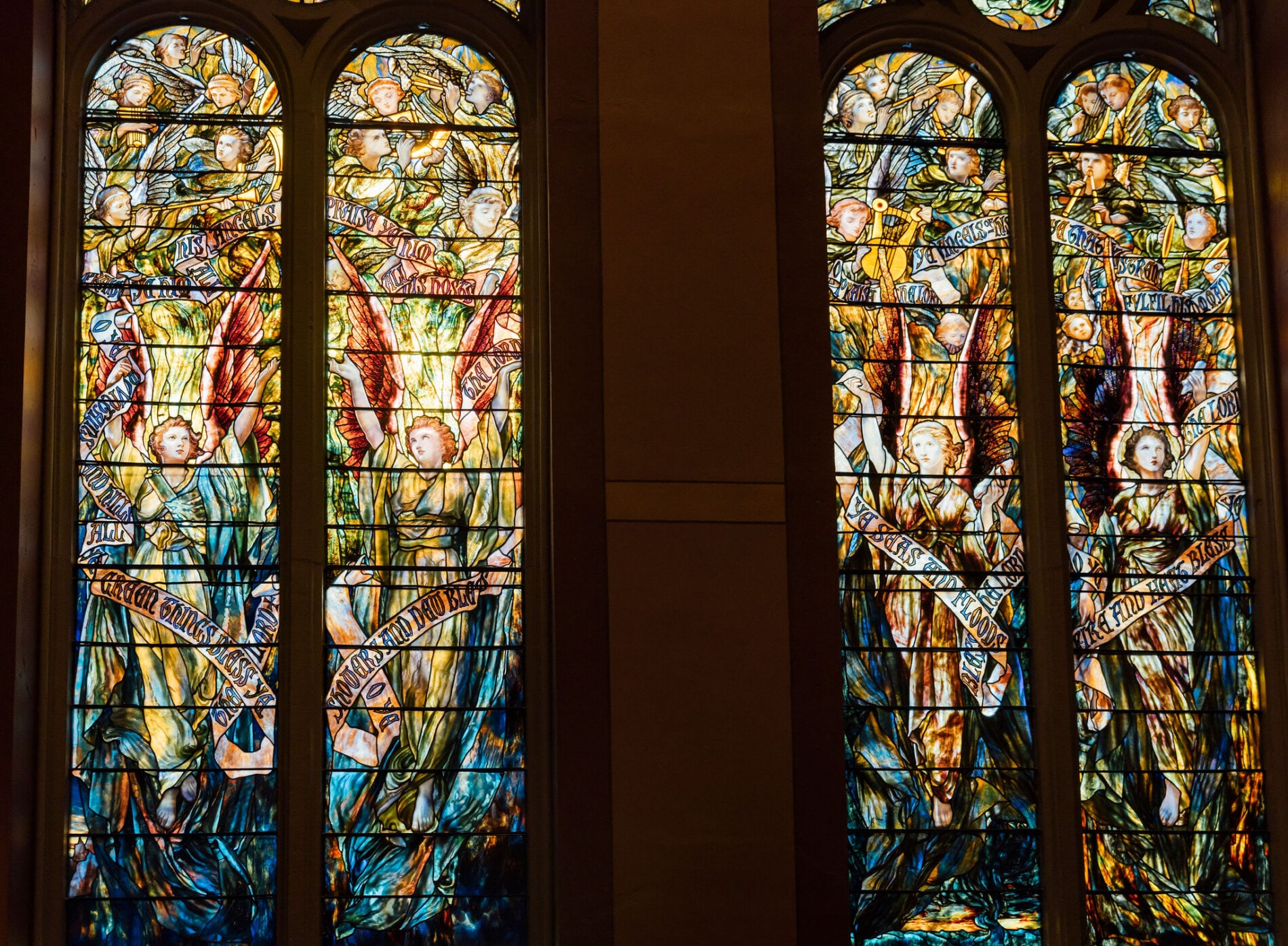
“Let it be Known, the Earth Passed Before Us”: Writing as a Spiritual Practice in Lent and Beyond
A word about writing as a spiritual practice by Krysia Burnham, a member of First Church in Cambridge and a hospice chaplain.
Ever since the cave paintings at Lascaux, humans have told their story, in pictures and—as soon as alphabets were invented—in words. How have you told your story? Is it through images, words, gestures, or acts of kindness? Are you telling it now, by hunkering down, staying home, praying? As the whole world seems to retract in pain before our eyes, daily, what may we do in small ways to remember our humanity, to practice being alive even in a time of devastation and human suffering?
By day, I sit with the sick and the dying, and minister to their grieving families. On weekends, I go to a local coffee shop (now a quiet spot in my house) and write. I follow a practice called Morning Pages. Here is how it works: write three pages consecutively in a blank book of your choice, trying not to think too hard. This is a time of “flow” in which you put pen to paper (or keyboard if you must) and open yourself up to the Creative Force within. Julia Cameron, who invented Morning Pages in her book The Artist’s Way, says this in her list of basic principles: “Our creative dreams and yearnings come from a divine source. As we move toward our dreams, we move toward our divinity.” Writing has always been a bit of a mystical practice for me, too—a place where my dreams have room to soar unbound, which connects me back to God, who always has big dreams for us.
Morning pages remind us that (Cameron, again) “we are, ourselves, creations” and that a Divine Source moves through us and makes “all things possible” (Matt. 19:26). The physician and healer Deepak Chopra, in his 21 Days of Abundance Meditation, calls this confluence of human goodness and universal Love “that quiet place within where we meet our Higher Self.”
I am a little bit obsessed with the way (or is that Way?) in which, in our particular human-ness, we meet God in this creative process of self-expression, in this case, writing. Is it the sacred pause that provides us space and time for listening to God? Is it God moving through us, inspiring us to express our lives and the world around us in surprising ways? My poet friend Kasha taught me a good example of the latter: a Freewrite. In this exercise, you pick a word or phrase from a song, poem, book, or internet site. (It helps to keep a list.) Write the word(s) at the top of the page. Then, journal whatever comes into your head for four minutes and twenty seconds. There is something about that exact time frame that, it has been shown, allows enough time to go for it while not letting you get bored. Some weeks before the pandemic, Kasha appeared at my table in the coffee shop that has now closed. We did what writer types do when they meet—we Freewrote side by side, as if on a grownup playdate. When you have no audience, no purpose, no time to hear your inner critic, it is amazing what combinations of words emerge.
Before becoming a chaplain, I was a magazine journalist in New York City. (About leaving that profession, in which there were many freebies, designer sample sales, and long business lunches, my Mom once said: “Well, there goes the gravy train.”) I wrote articles and book chapters, and, later, created a blog. Now I write about how people see their lives through the lens of their impending death—and not always through rose-colored glasses, at that. I write about Church—how to get there, stay there, “be” there, both in and outside the building. How to make Church our heart’s home.
In her book “Writing Down the Bones,” Natalie Goldberg said this: “Our lives are at once ordinary and mythical. We live and die, age beautifully or full of wrinkles. We wake in the morning buy yellow cheese…we have these magnificent hearts that pump through all sorrow and all winters we are alive on the earth….this is how writers must think, this is how we must sit down with pen in hand. We were here; we are human beings; this is how we lived. Let it be known, the earth passed before us.”
Rev. Krysia Bereday Burnham is an ordained UCC Minister and hospice chaplain; read more of her quest for spiritual growth through narrative at www.krysiaquest.wordpress.com. To learn about the new virtual Women Writer’s Group at FCC, email krysiaburnham@gmail.com
